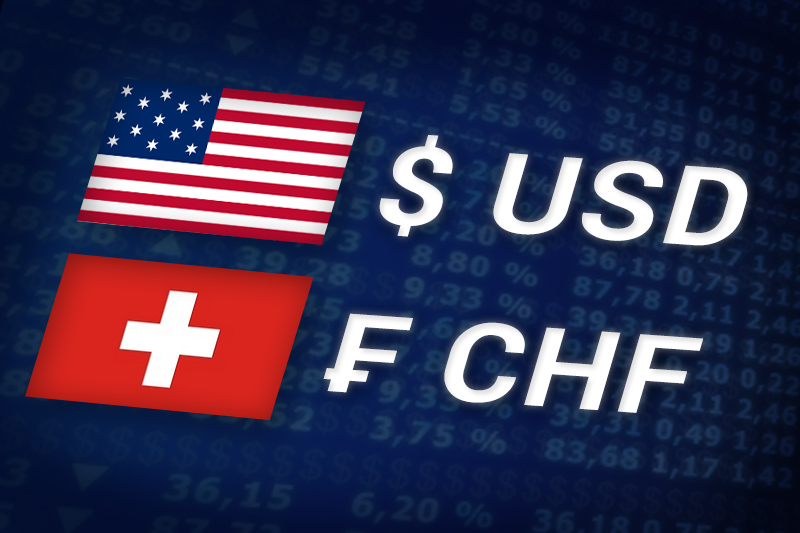Investing.com - The U.S. dollar edged higher against the Swiss franc on Wednesday, as sentiment was hit by concerns that the European Central Bank could disappoint expectations for action to stem the debt crisis in the region, ahead of its upcoming policy meeting.
USD/CHF hit 0.9608 during European morning trade, the pair’s highest since August 31; the pair subsequently consolidated at 0.9573, gaining 0.17%.
The pair was likely to find support at 0.9507, Tuesday’s low and a two-month low and resistance at 0.9616, the high of August 30.
Investor confidence was hit by growing doubts over whether the ECB will announce more details of measures to help stabilize the region’s sovereign debt markets after its policy meeting on Thursday.
Meanwhile, a report showing that service sector activity in the euro zone contracted at a slightly faster rate than initially estimated in August added to fears that the bloc is set to enter a technical recession in the third quarter.
A separate report showed that retail sales in the bloc fell 0.2% in July, in line with expectations, bringing the annualized rate of decline to 1.7%.
The Swiss franc was little changed after official data showed that consumer price inflation in Switzerland was flat in August, compared to expectations for a 0.1% increase.
The Swissie was fractionally lower against the euro, with EUR/CHF inching up 0.02% to 1.2013.
Later Wednesday, the U.S. was to release revised data on nonfarm productivity.
USD/CHF hit 0.9608 during European morning trade, the pair’s highest since August 31; the pair subsequently consolidated at 0.9573, gaining 0.17%.
The pair was likely to find support at 0.9507, Tuesday’s low and a two-month low and resistance at 0.9616, the high of August 30.
Investor confidence was hit by growing doubts over whether the ECB will announce more details of measures to help stabilize the region’s sovereign debt markets after its policy meeting on Thursday.
Meanwhile, a report showing that service sector activity in the euro zone contracted at a slightly faster rate than initially estimated in August added to fears that the bloc is set to enter a technical recession in the third quarter.
A separate report showed that retail sales in the bloc fell 0.2% in July, in line with expectations, bringing the annualized rate of decline to 1.7%.
The Swiss franc was little changed after official data showed that consumer price inflation in Switzerland was flat in August, compared to expectations for a 0.1% increase.
The Swissie was fractionally lower against the euro, with EUR/CHF inching up 0.02% to 1.2013.
Later Wednesday, the U.S. was to release revised data on nonfarm productivity.
